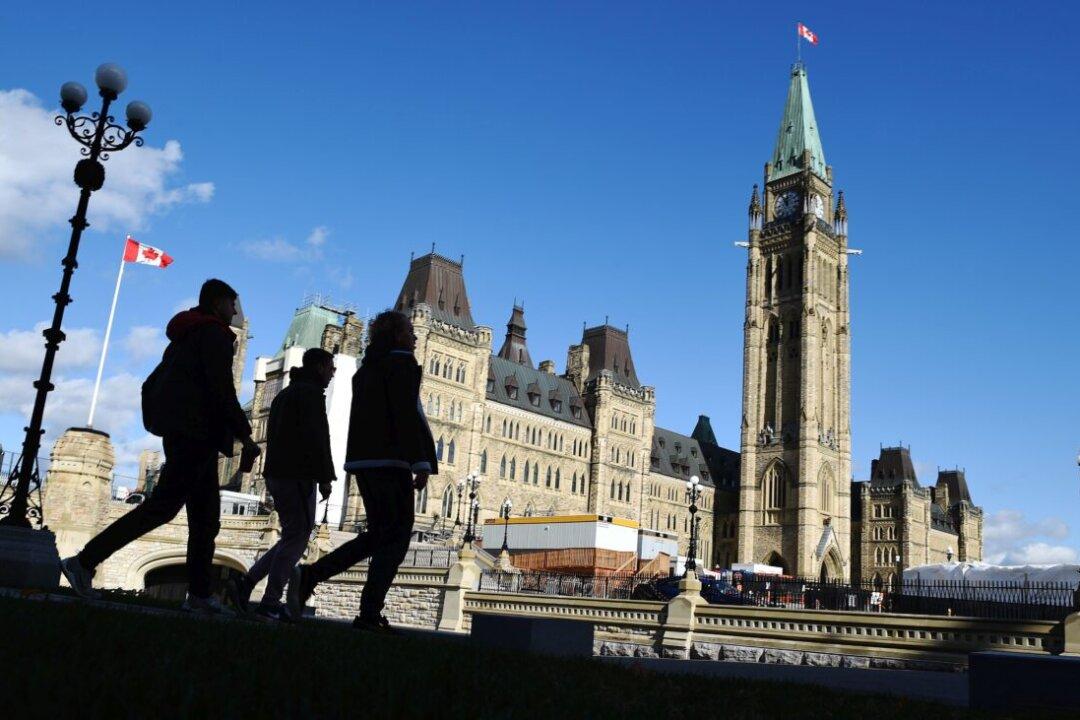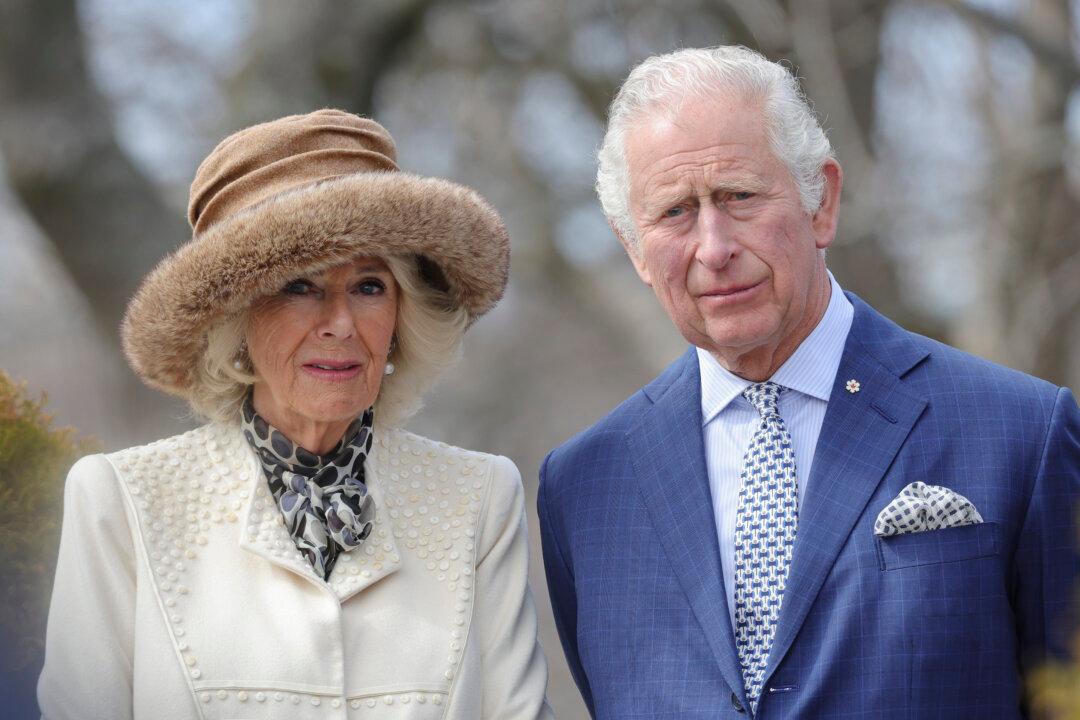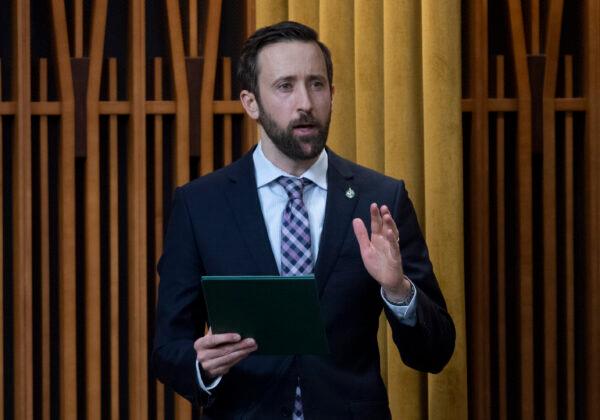Among the issues to watch for as Prime Minister Justin Trudeau announces his new cabinet, is how the Liberal government will tackle the challenges Canada is facing on the world stage after they were given a second term by Canadians. Our relations with key allies can be described as bitter, while the Beijing regime sees Canada as little more than a prepubescent child.
Critics may blame where Canada finds itself today on a lack of good judgement, but what are the deeper problems in the government’s strategic thinking that have led to this state of affairs?





